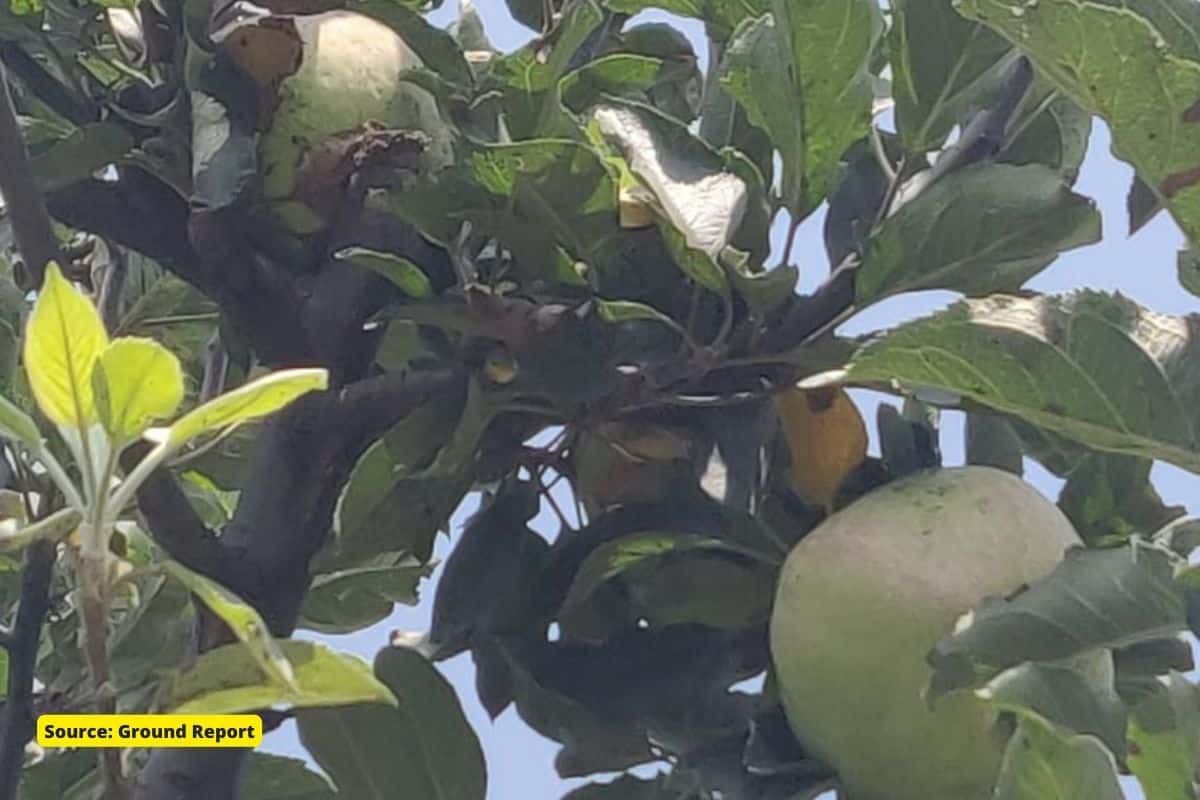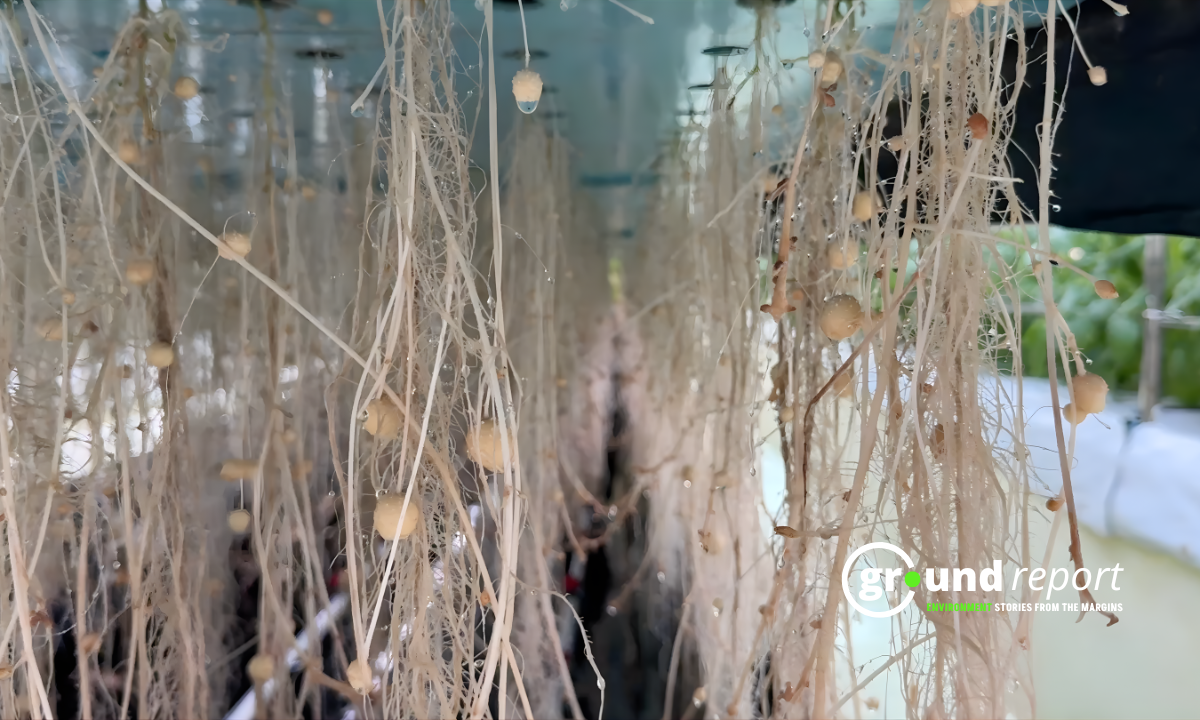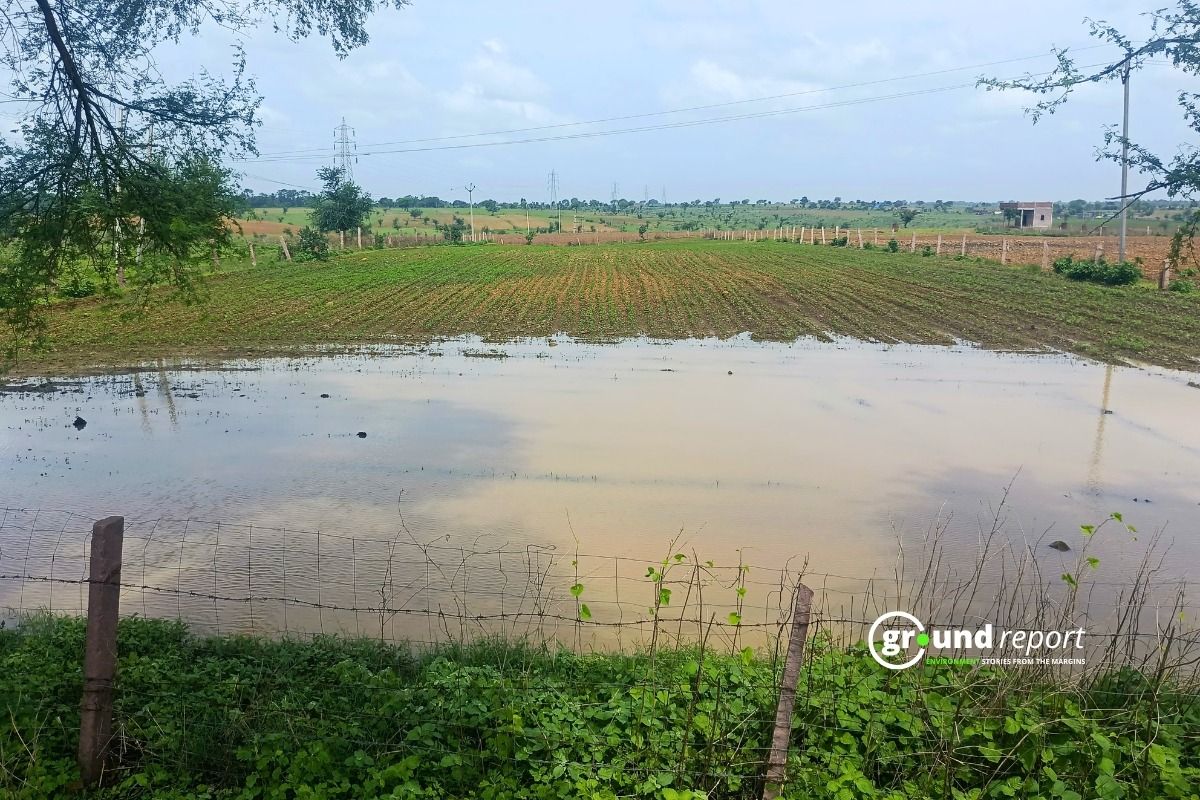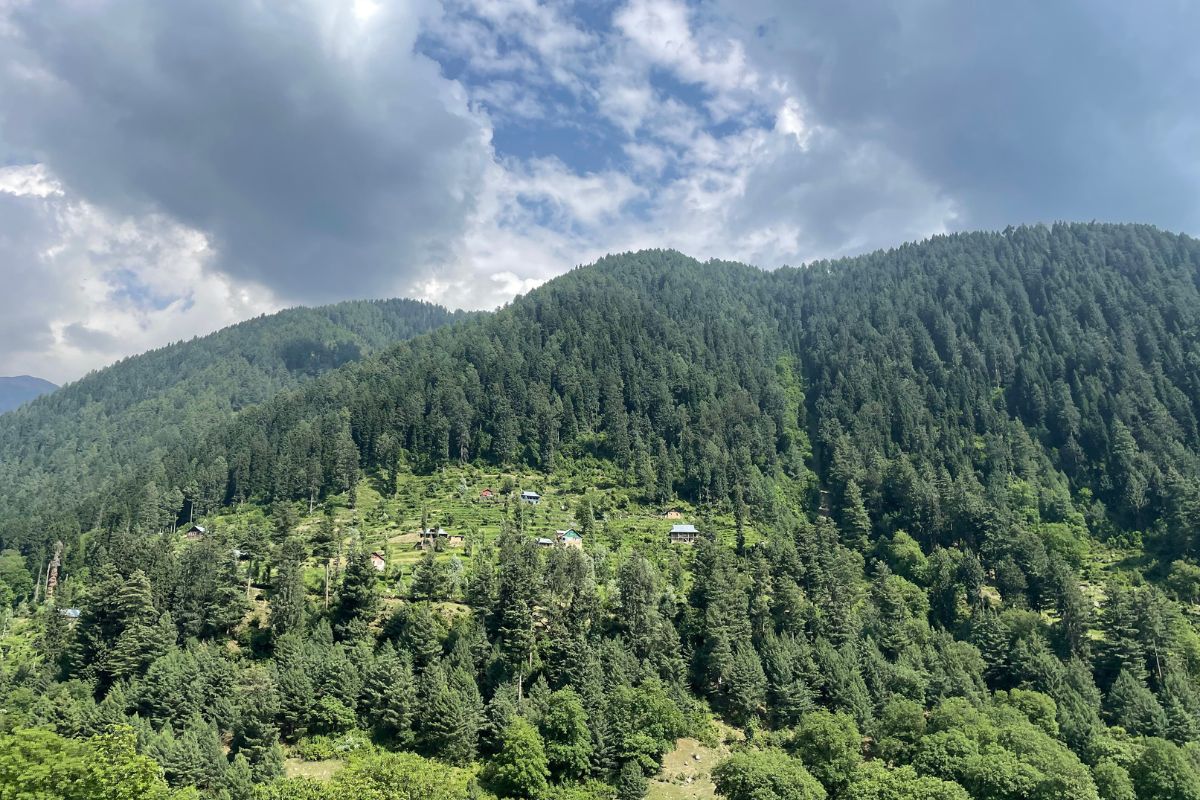The ascomycete fungus Venturia inaequalis is the common cause of apple scab, a disease that affects a lot of plants in the rose family (Rosaceae). Although several plant genera, including Sorbus, Cotoneaster, and Pyrus, are affected by this disease, it is most frequently linked to the infection of Malus trees, especially cultivars of flowering crabapple and apple.
With the climate changing in recent years, the scab disease has affected the apple growing in the valley. Described as a “crop failure” by experts, scab disease has taken over many orchards in parts of North and South Kashmir.
According to some local media reports, the recent “untimely” rainfall has posed a great threat to the apple yield.
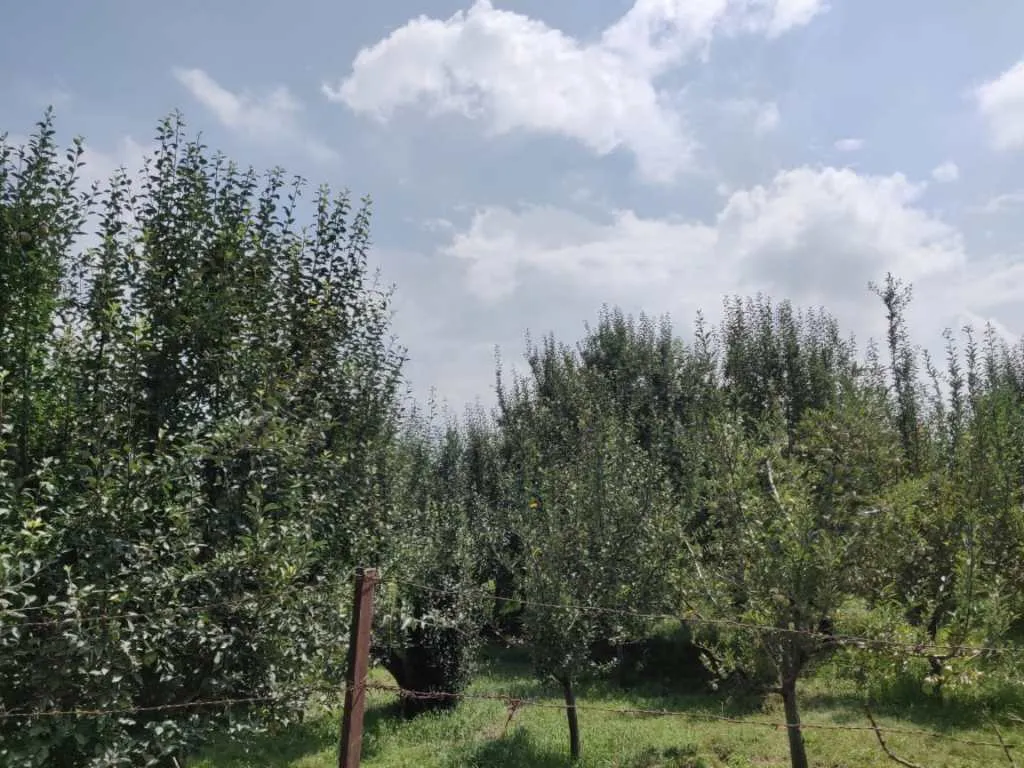
Speaking to Ground Report, Yaqoob an apple grower from South Kashmir said, “It is very disheartening to see diseases at this stage of our crop, earlier for two years the weather had it says untimely snow and hailstorm destroyed our crops, now these black dots.” He further added, “Even after the following everything in the book, every pesticides and spray, this result is a serious worry for our crop.”
Sharing his plight and worry he said, “We are mostly depending on Apple crops and if these do not yield as planned it would be a serious blow to our expectations.”
However, Yaqoob also showed his hope and said, ” We keep on trying and doing all we can, we pray and hope for things to get better.”
Earlier this month a delegation of apple growers from North Kashmir had told a local news agency about their plight and asked the horticulture department for their intervention.
Apple scab seldom causes the host plant to die, but the infection usually results in fruit deformation and early leaf and fruit drops, which increases the host plant’s sensitivity to abiotic stress and secondary infection.
Apple growers’ capacity to remain profitable could be seriously threatened by crop losses of up to 70% caused by the decline in fruit quality and yield. When preventing the occurrence and spread of apple scab in their crops, growers frequently mix proactive tactics like sanitation and resistance breeding with reactive ones like targeted fungicide or biocontrol treatments.
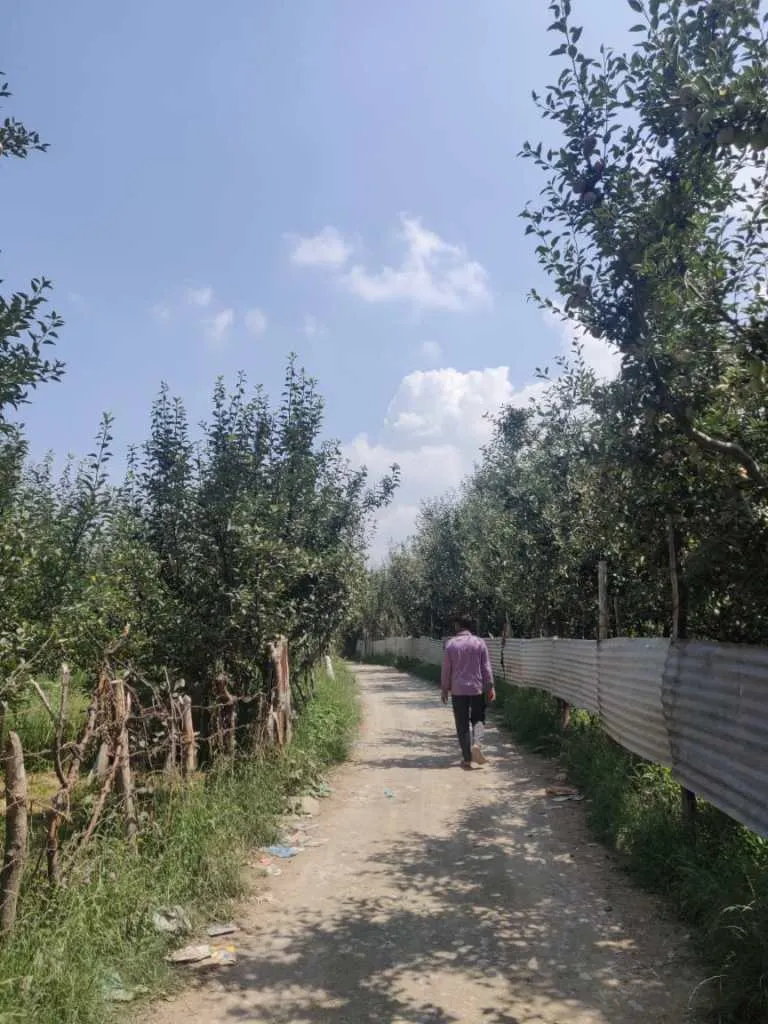
Another apple grower from South Kashmir, Mushtaq Ahmed got in conversation with Ground Report and shared his concerns. He said, “Our livelihood is dependent on our apple crops, the present situation is not good the new disease of these black spots is very worrisome for us, this can destroy our whole year’s hardwork.” He also said, ” Past couple of seasons also have not been kind on our crops. We have used every pesticides and sprays and this is out of control.”
He appealed the authorities and said, “We want the authority to take note of such things and help us with experts views on how to stop this.”
The Department of Horticulture Kashmir earlier also issued an advisory, “Plant Protection Advisory 2022” earlier in the form of a booklet, according to which the apple growers need to follow certain instructions.
- Don’t Look Up: Ridiculous scene from the movie became a reality
- What is Save Sahastradhara Trees movement?
You can connect with Ground Report on Facebook, Twitter, Koo App, Instagram, and Whatsapp and Subscribe to our YouTube channel. For suggestions and writeups mail us at GReport2018@gmail.com
